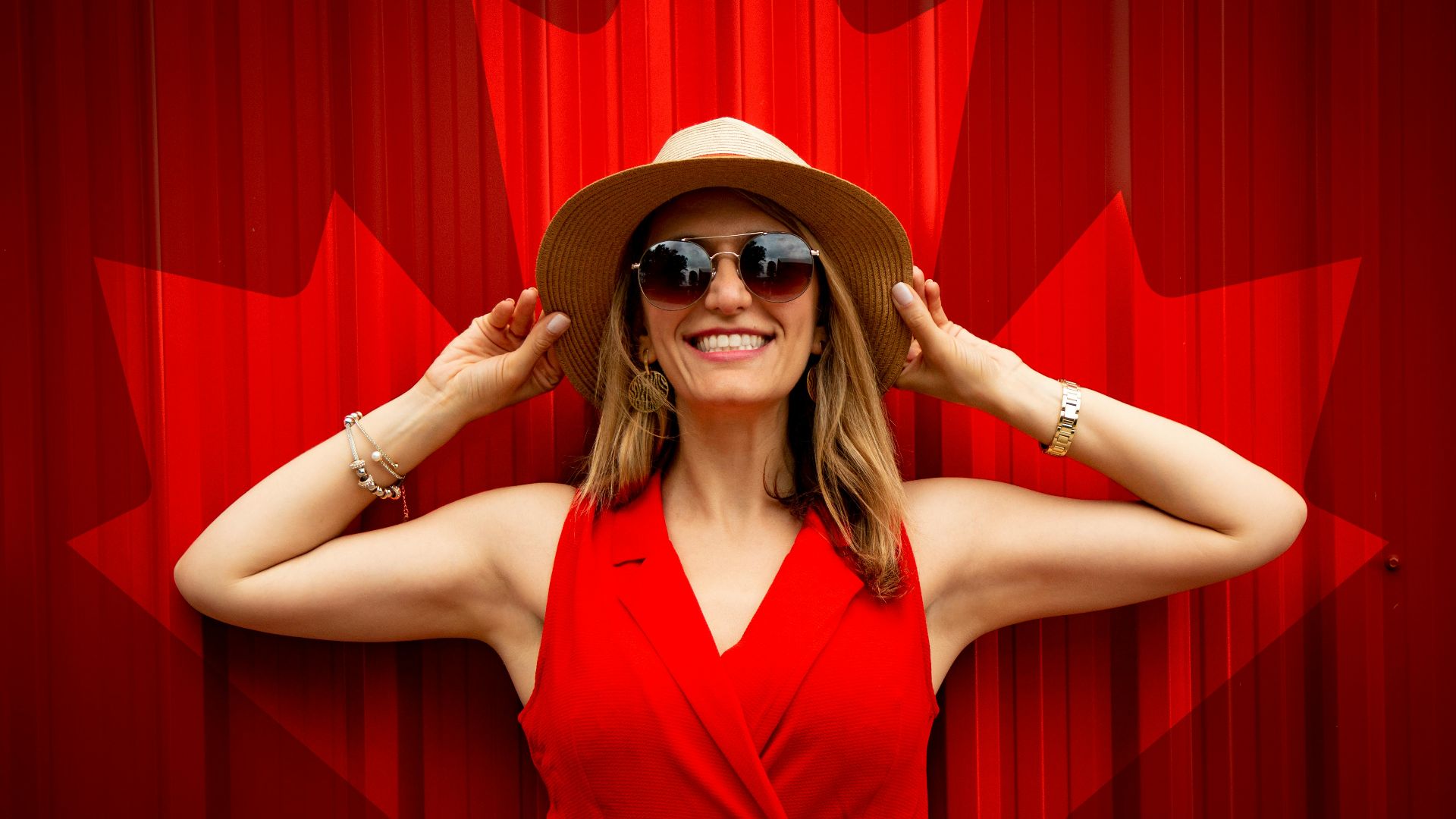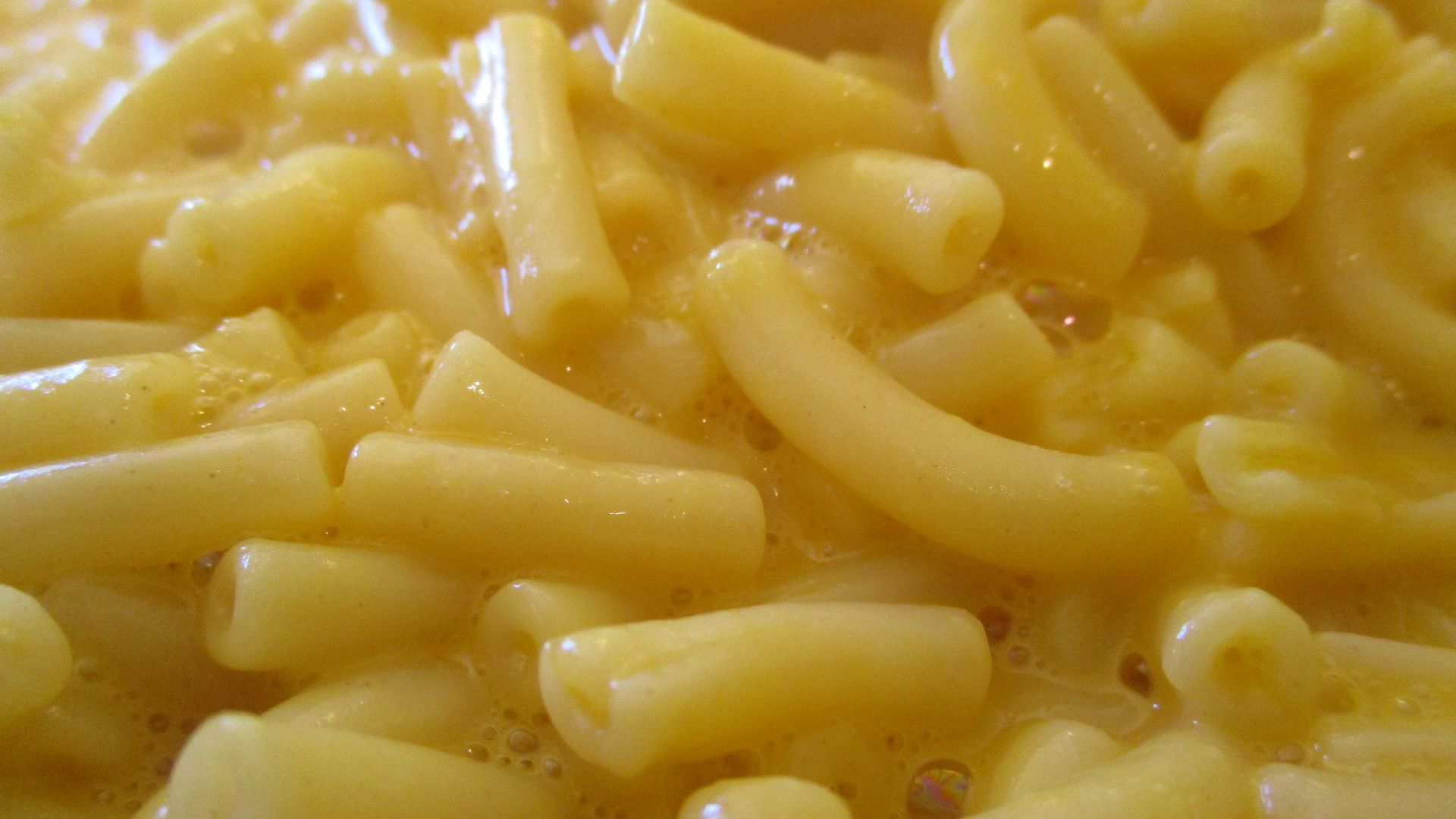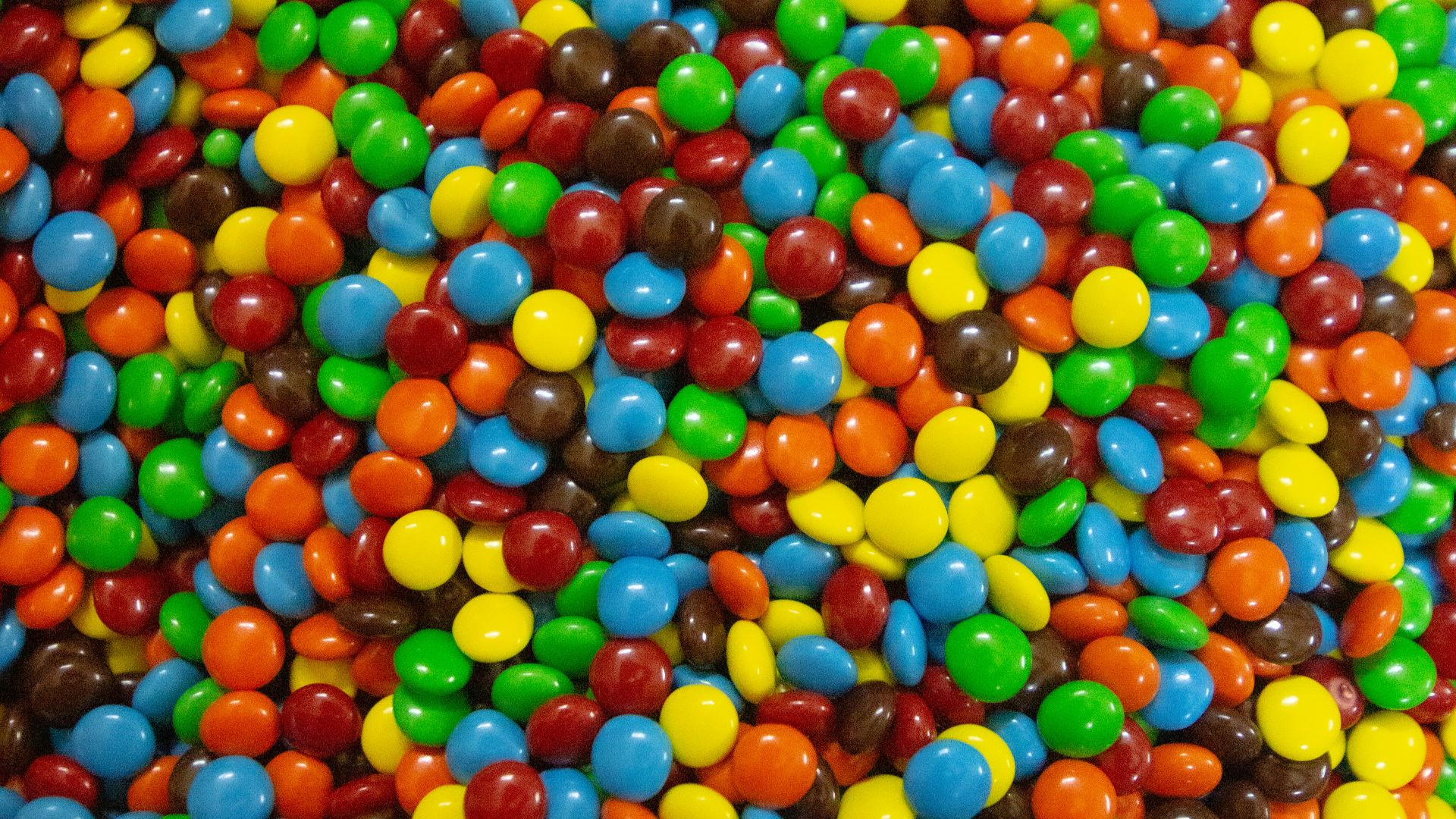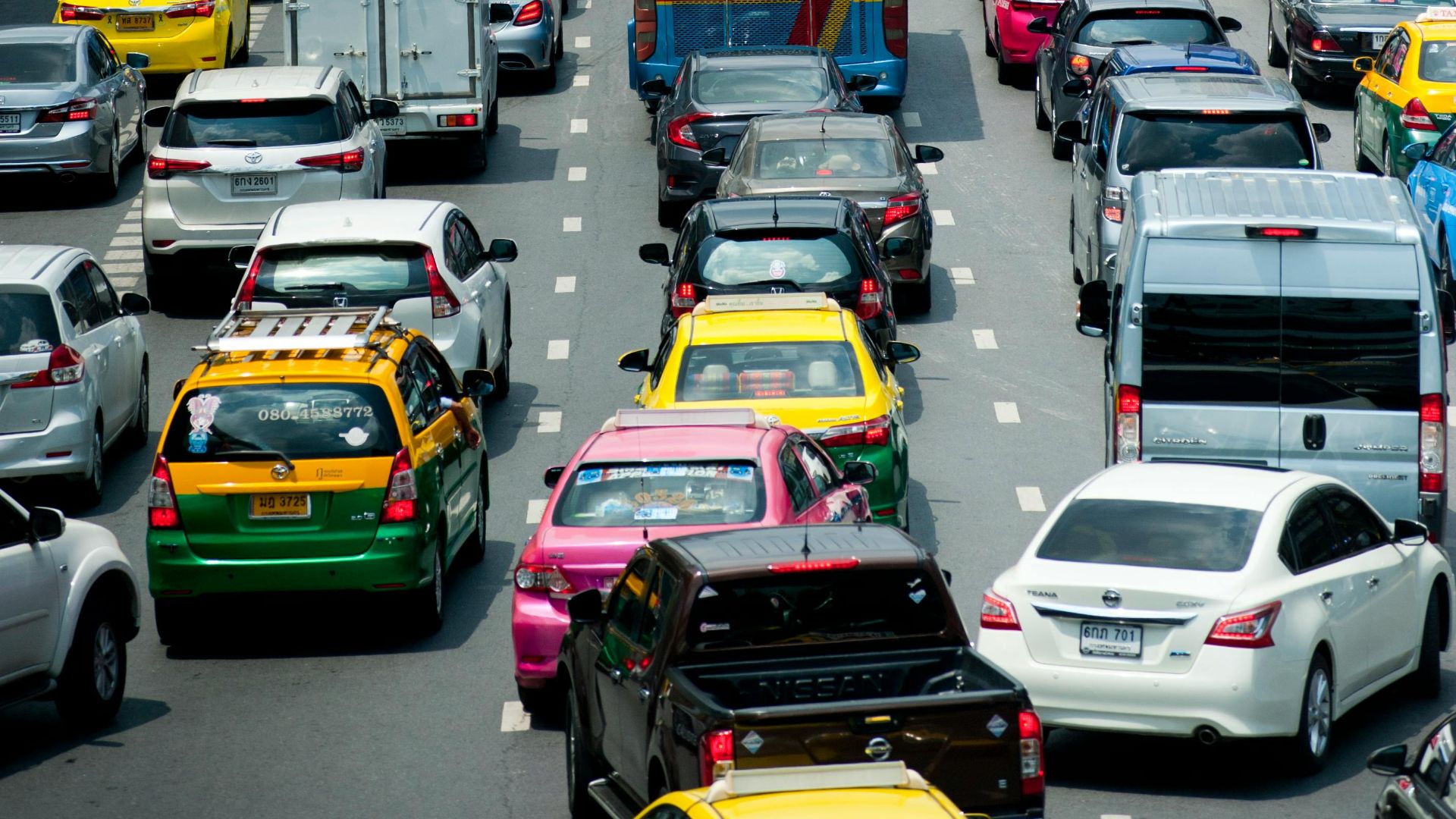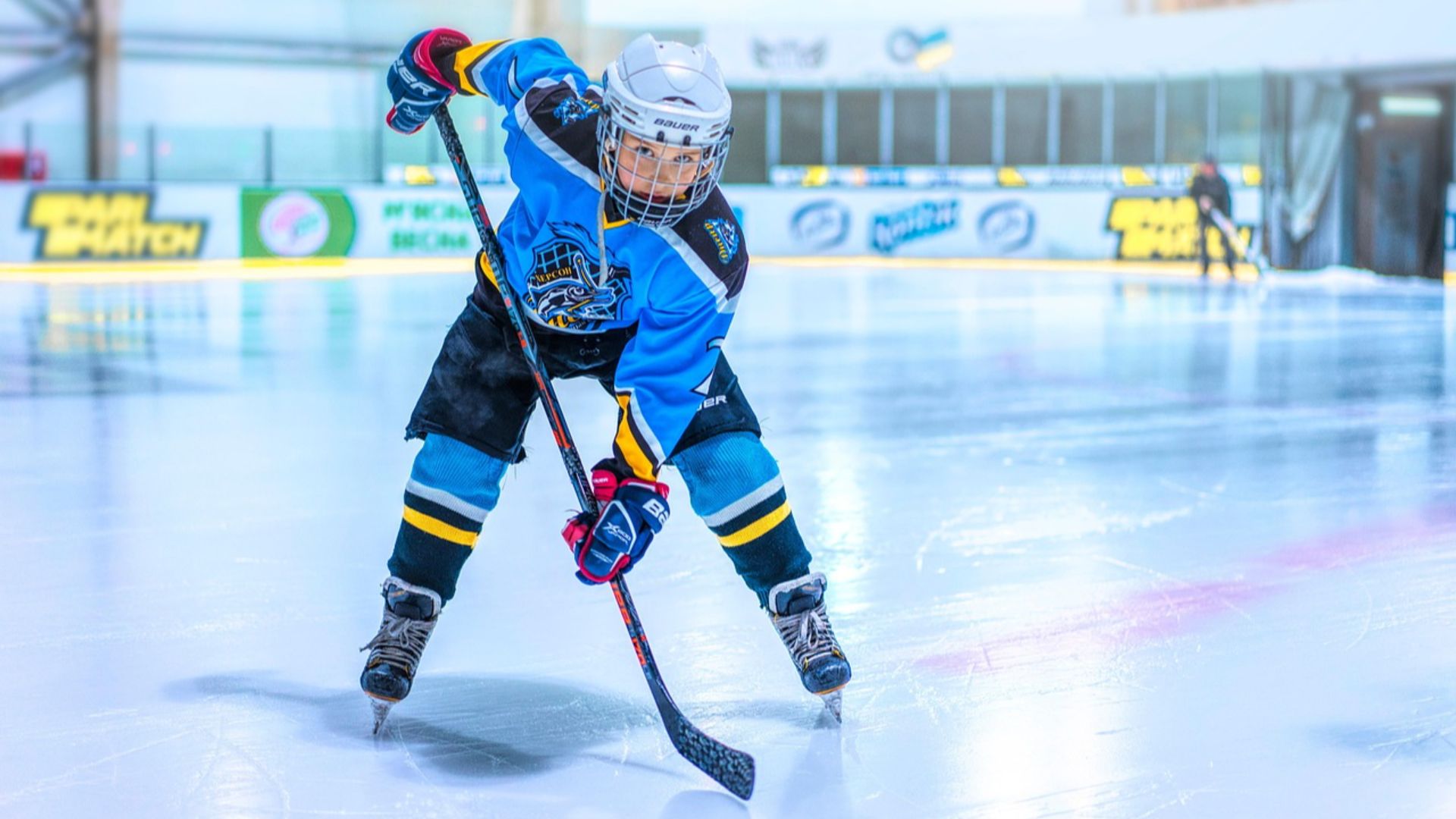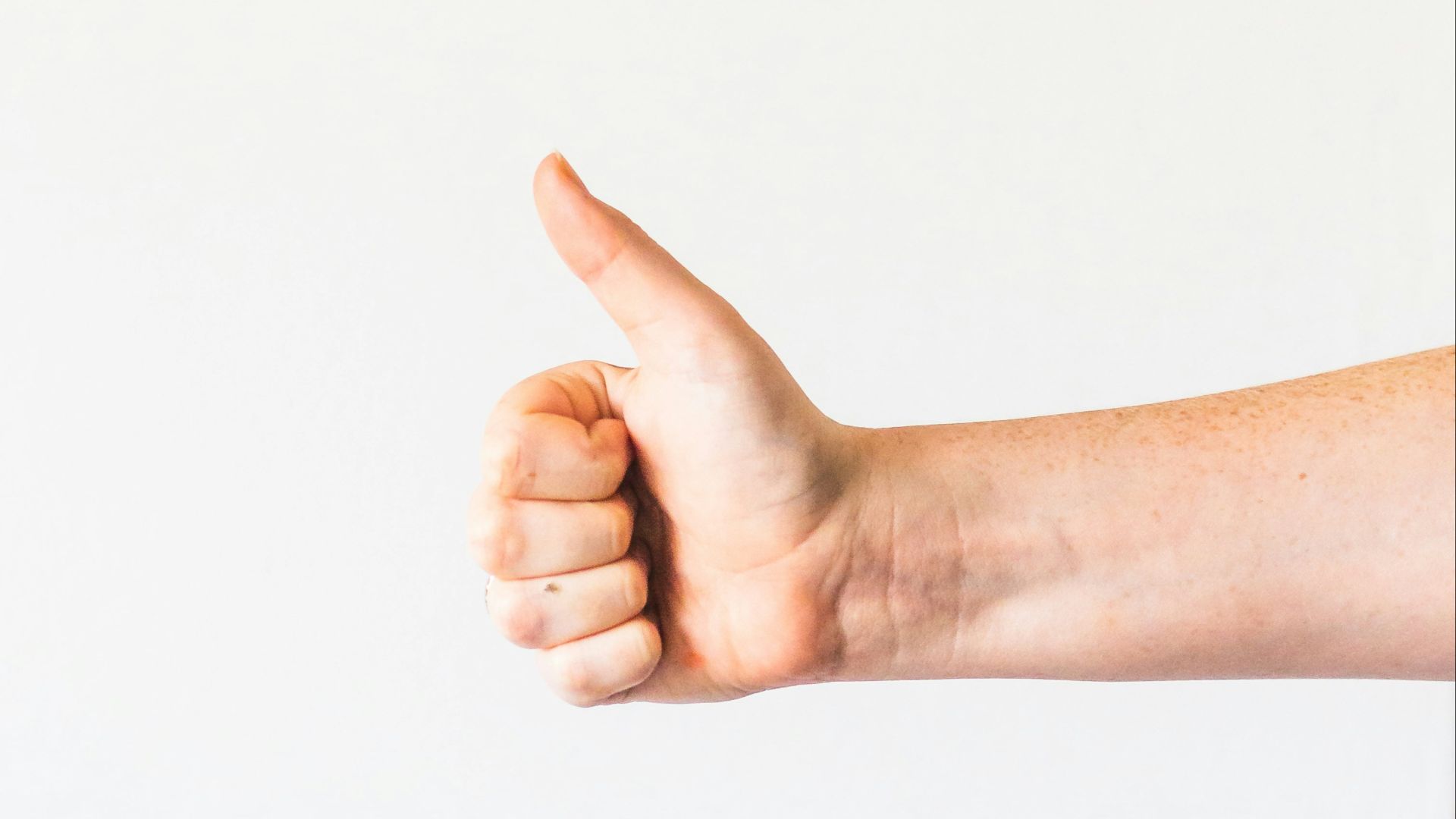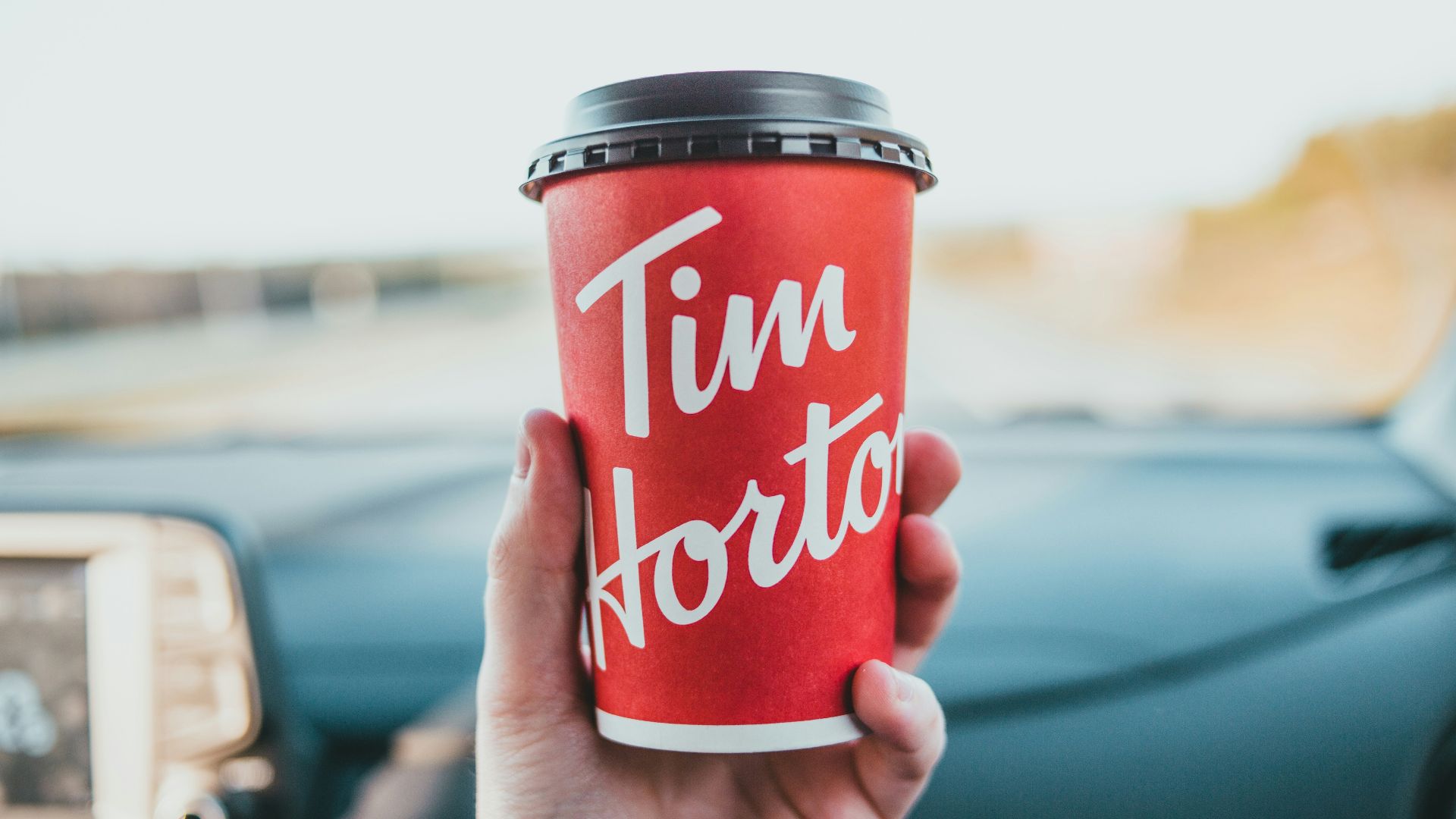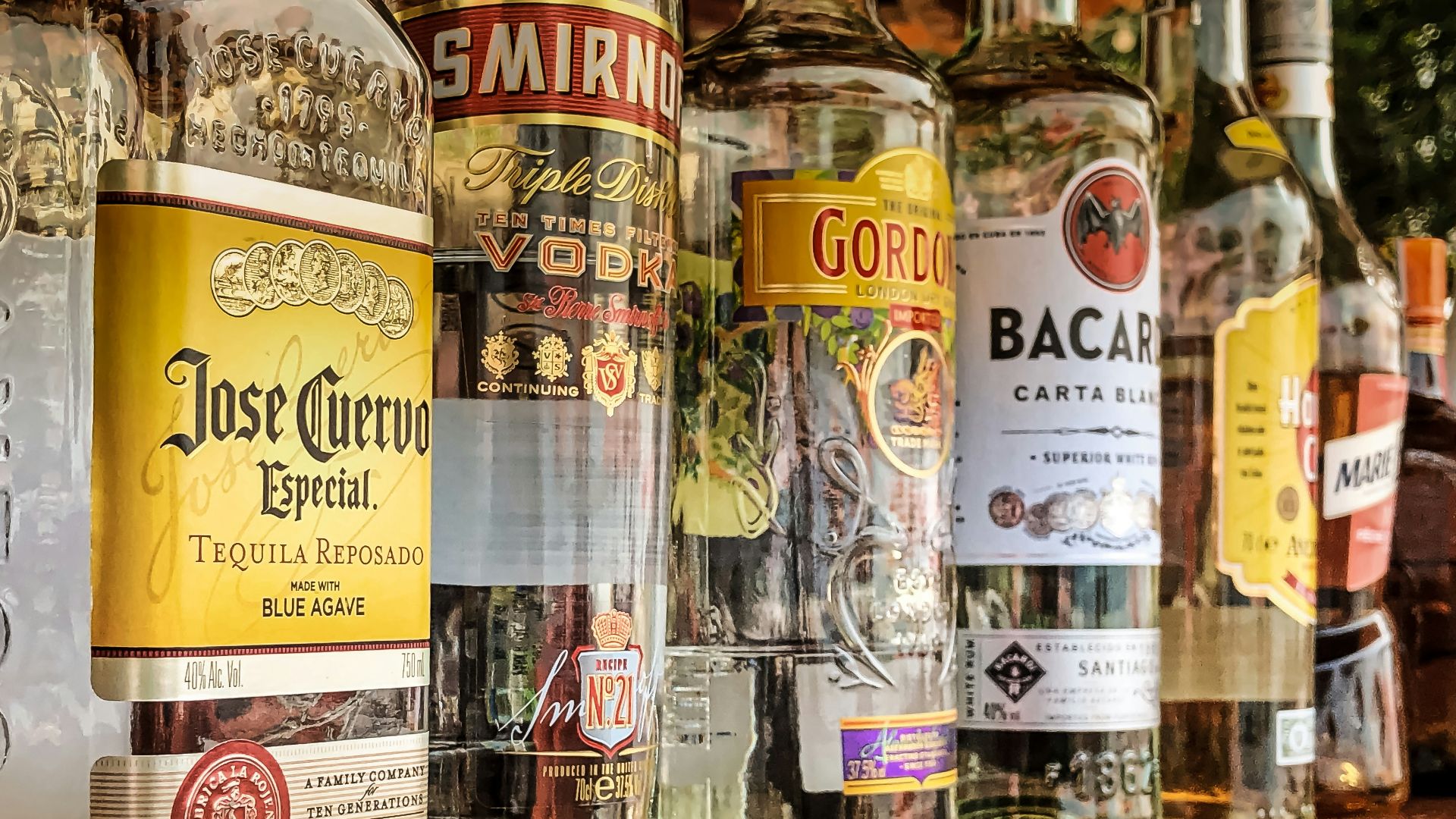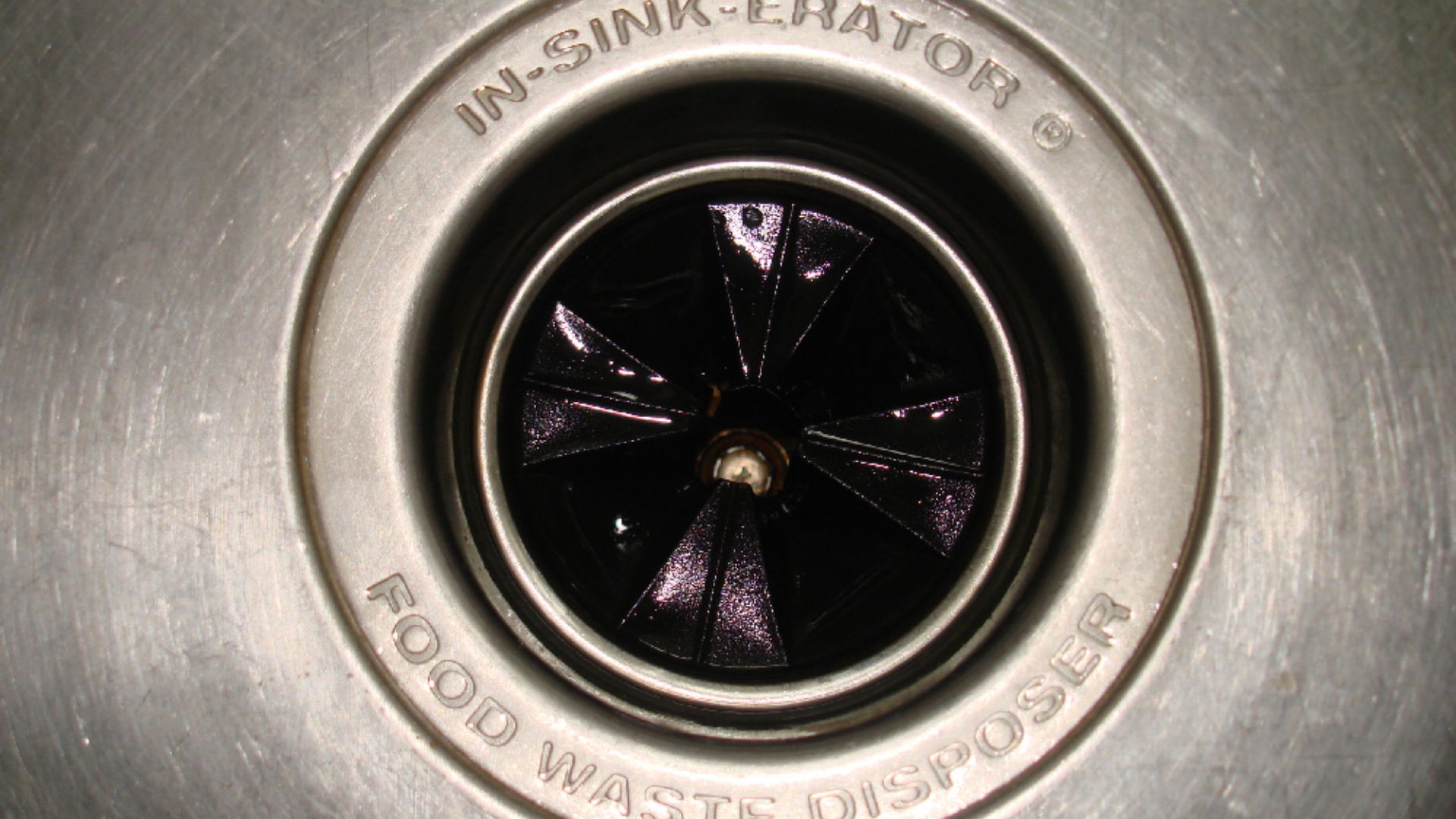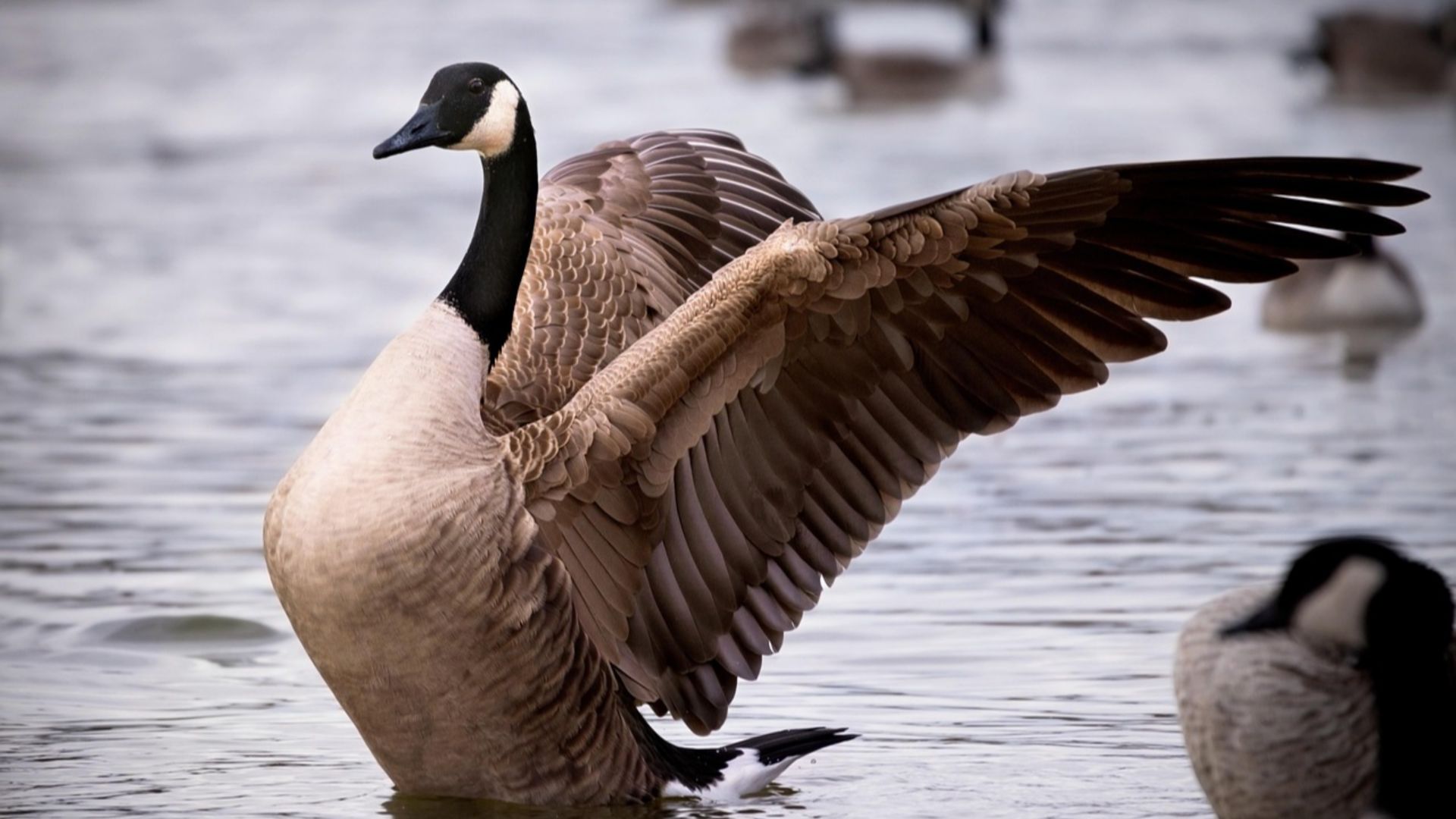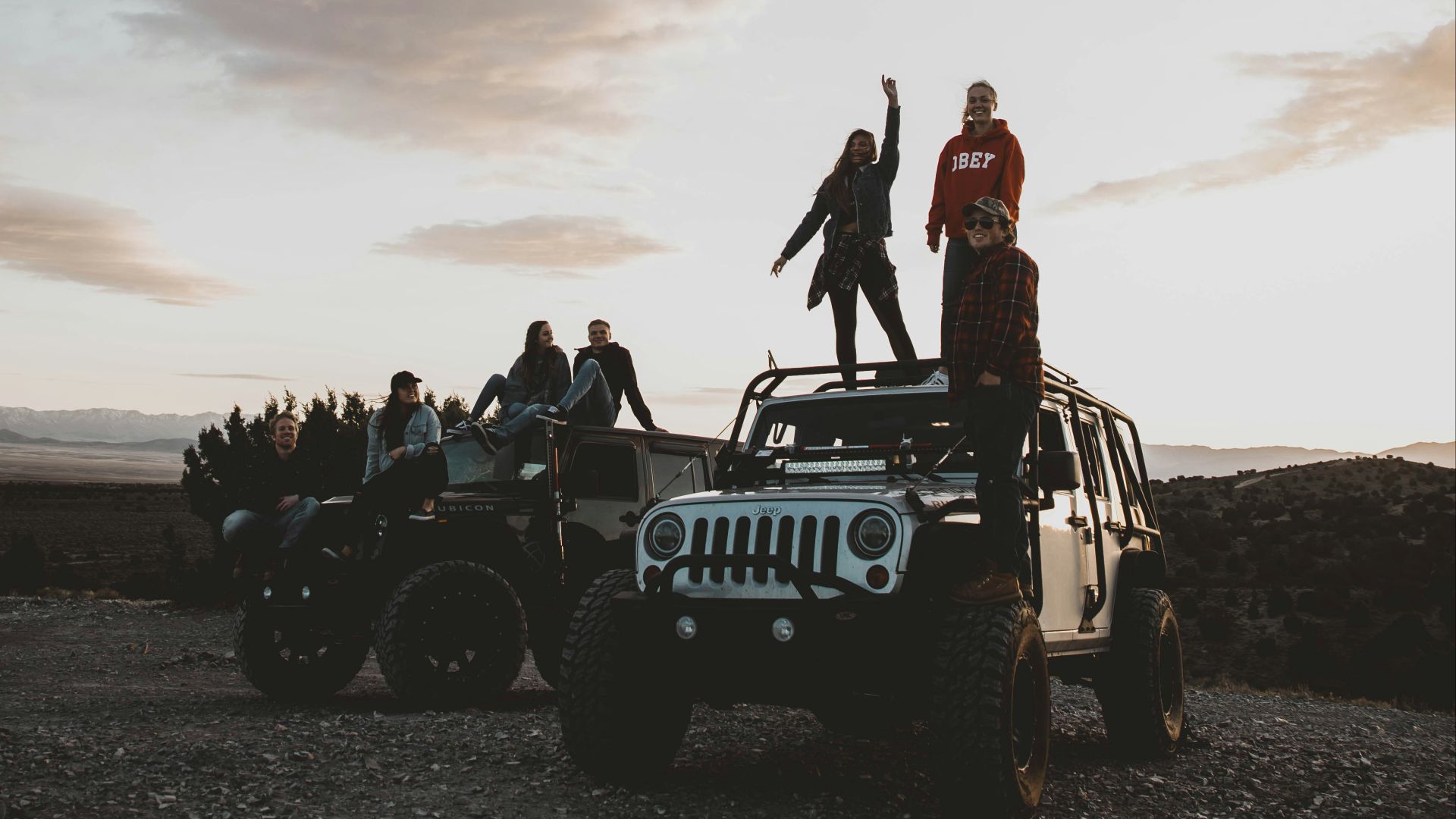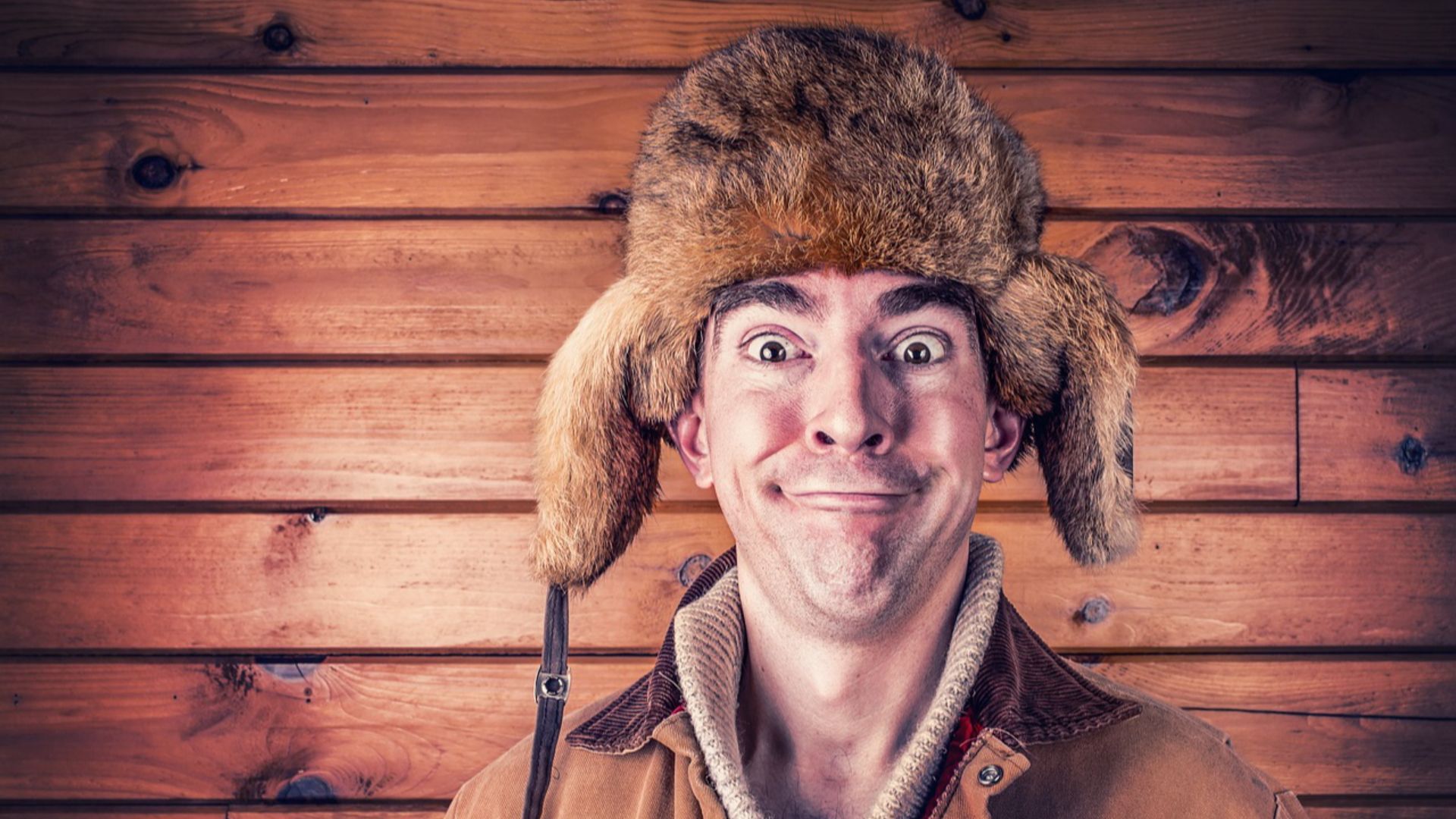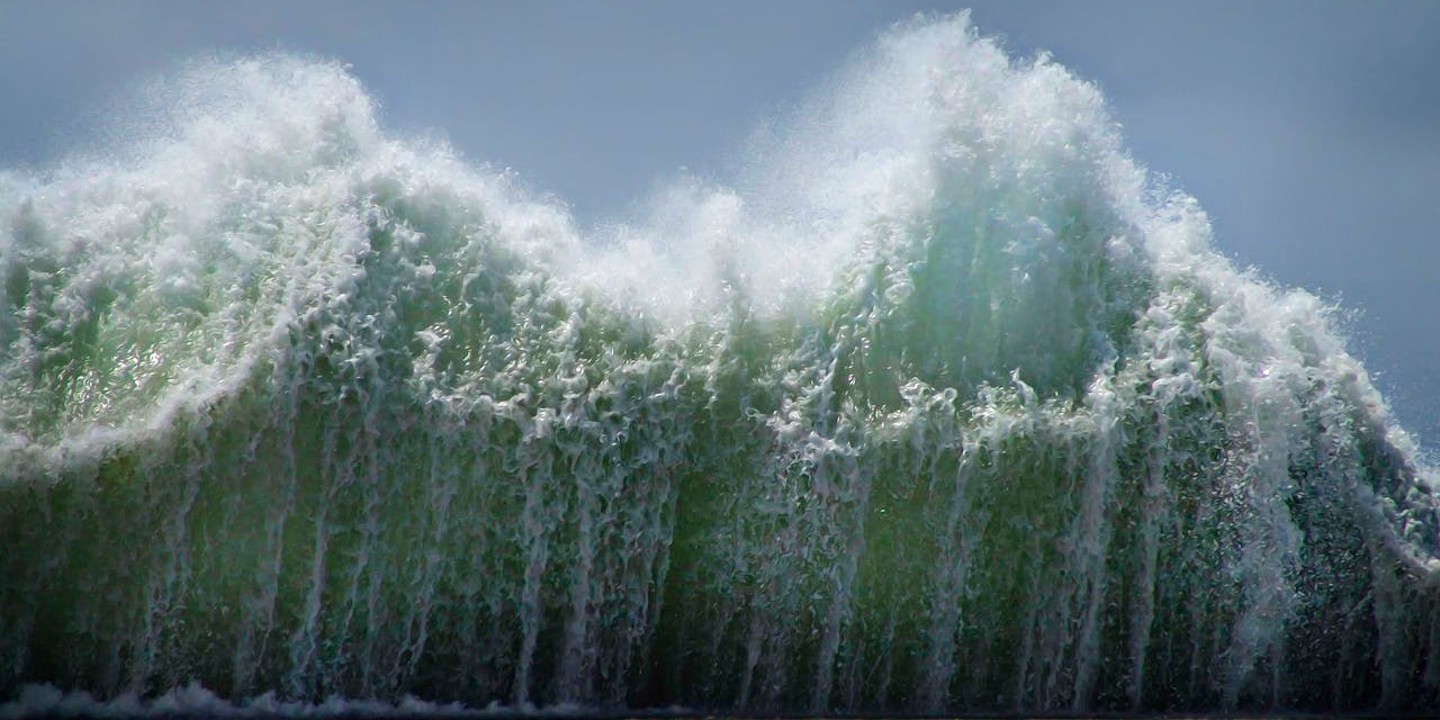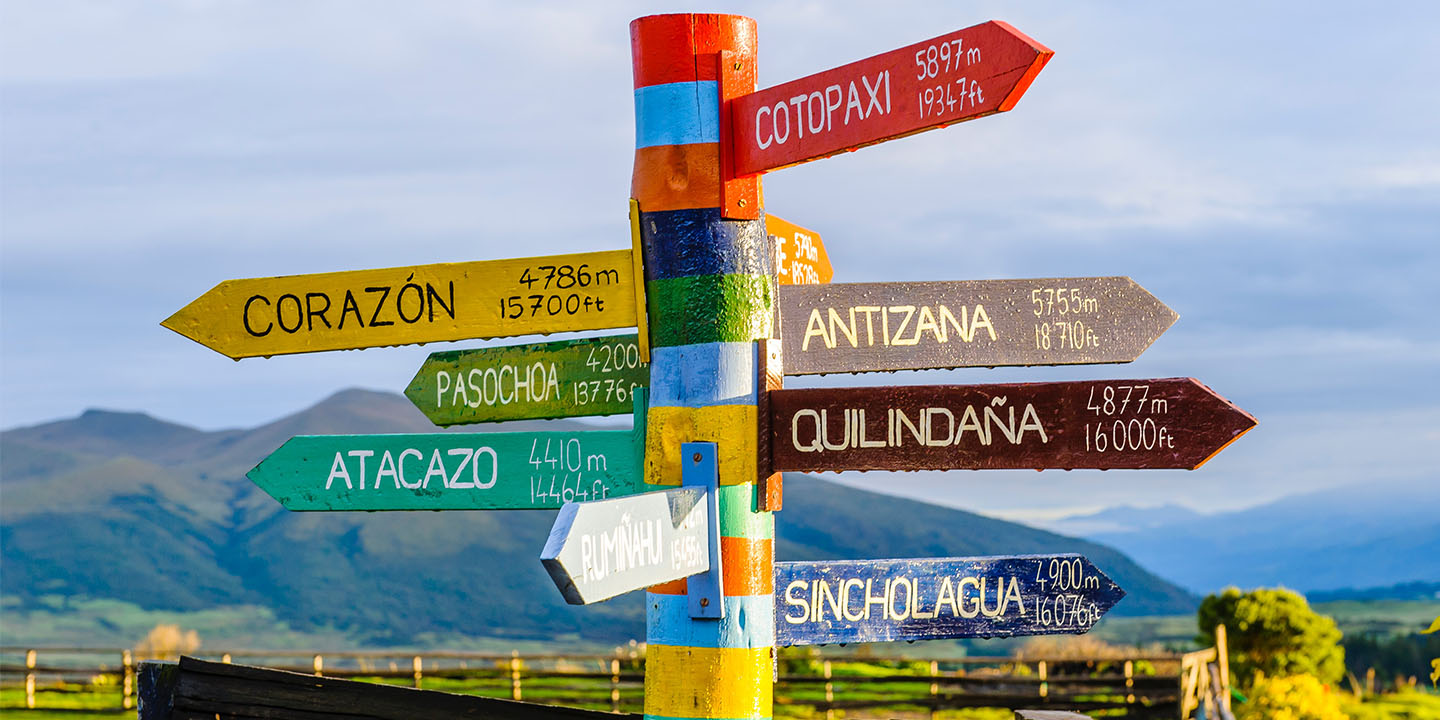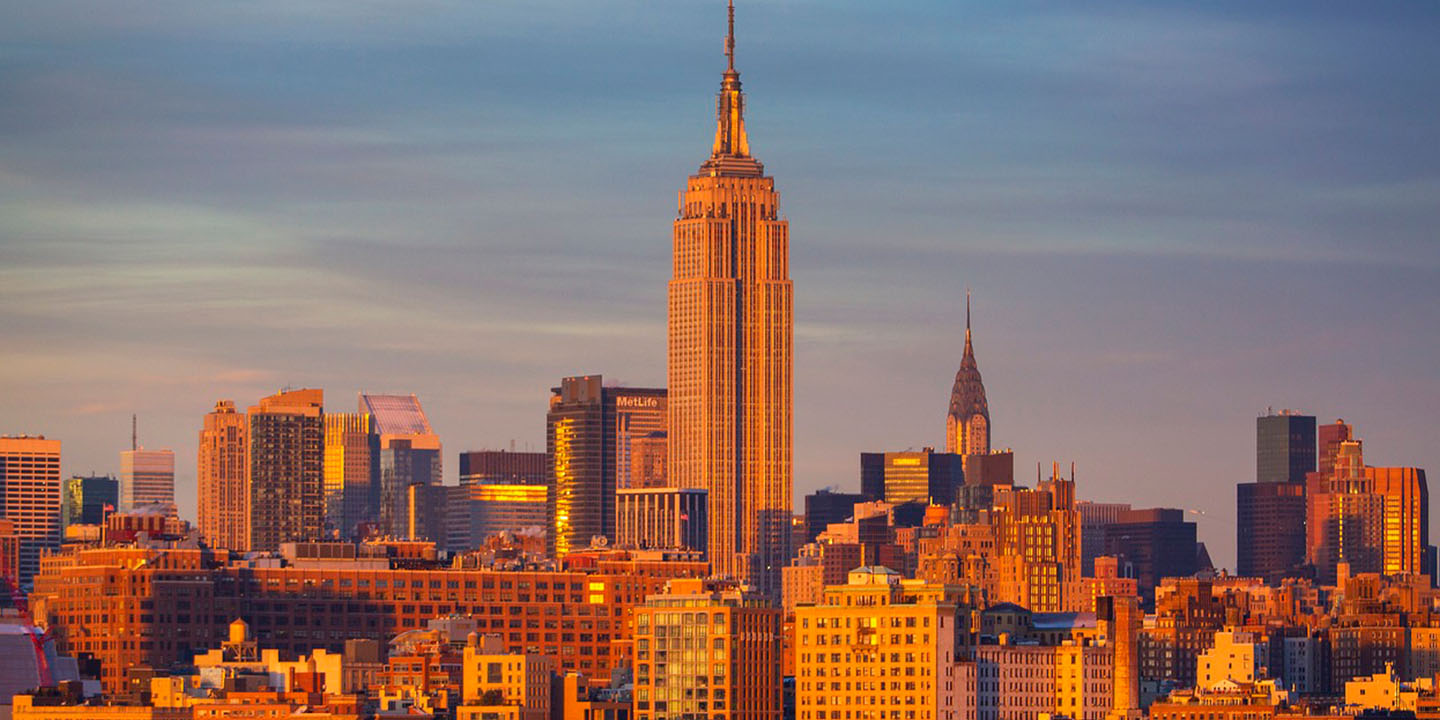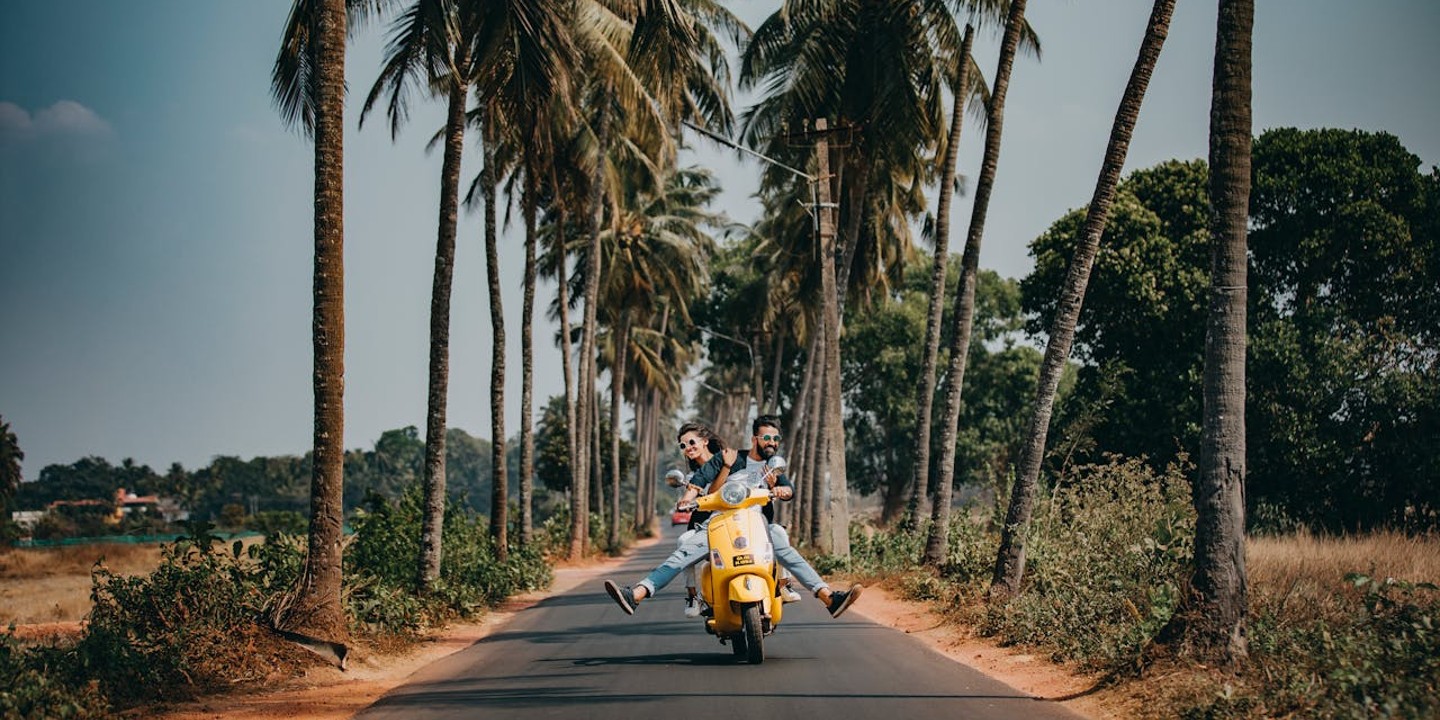Ya, No, Ya... You Wouldn't Understand, Eh
Despite Canadians and Americans speaking the same language, there are plenty of expressions used north of the border that would get you pretty odd looks if they were said elsewhere. Unless you grew up in Canada or you have friends from there, most of the terms and expressions we've compiled here are bound to have you scratching your head. How many of these do you know?
1. KD
While Americans reading this are probably scratching their heads, Canadians know exactly what KD refers to: Kraft Dinner. Also known as the blue box or KD Mac & Cheese, you probably won't hear anyone calling Kraft Dinner or mac and cheese "KD" south of the border.
2. Pencil Crayons
Want to take a guess what pencil crayons are? Nope, they're not the waxy, thicker ones. Pencil crayons—what Americans call "colored pencils"—are, well, what Americans call "colored pencils." As for why, the term likely originates from how, in French (remember: Canada is a bilingual country), they're called crayon de couleur, hence "pencil crayons."
3. Smarties
If a Canadian were to ask an American to get them some Smarties, they'd probably be handed a roll of what Canadians know as Rockets—the chalky, pill-shaped candies. In Canada, though, Smarties are candy-coated chocolates made by Nestlé that are similar to M&Ms, but bigger.
4. Give'r
Instead of saying "go for it," Canadians might say "give'r"—meaning "give it all you've got," "go all out," or even to just do something with enthusiasm. You'll hear this phrase being used as encouragement in all sorts of contexts, but most often in work or sporting settings.
5. Keener
If a Canadian calls you a keener, they mean that you're an extreme overachiever and try hard to impress others. It's often used in school or work settings—"You're such a keener!"—and, depending on the context, can be said teasingly or as matter-of-fact.
6. Gong Show
What a gong show, eh? Wait, actually—what is a gong show? Well, when you have a chaotic, wild, disorganized, and out-of-hand situation at hand, that's what Canadians describe as a "gong show." You can use this term for just about anything, from parties to busy parking lots.
7. Elbows Up
You might have seen this phrase floating around among Canadians lately—and for good reason. Originating from hockey (and in particular, Gordie Howe), saying "elbows up" is equivalent to standing your ground and fighting back.
8. Fill Your Boots
If a Canadian tells you to "fill your boots," they don't mean it literally; they mean to take as much as you'd like. This saying originates from Newfoundland and Labrador, though you'll often hear it around the Maritime provinces as well. Above all, it's an expression that reflects the warmth and welcoming hospitality of Canadians.
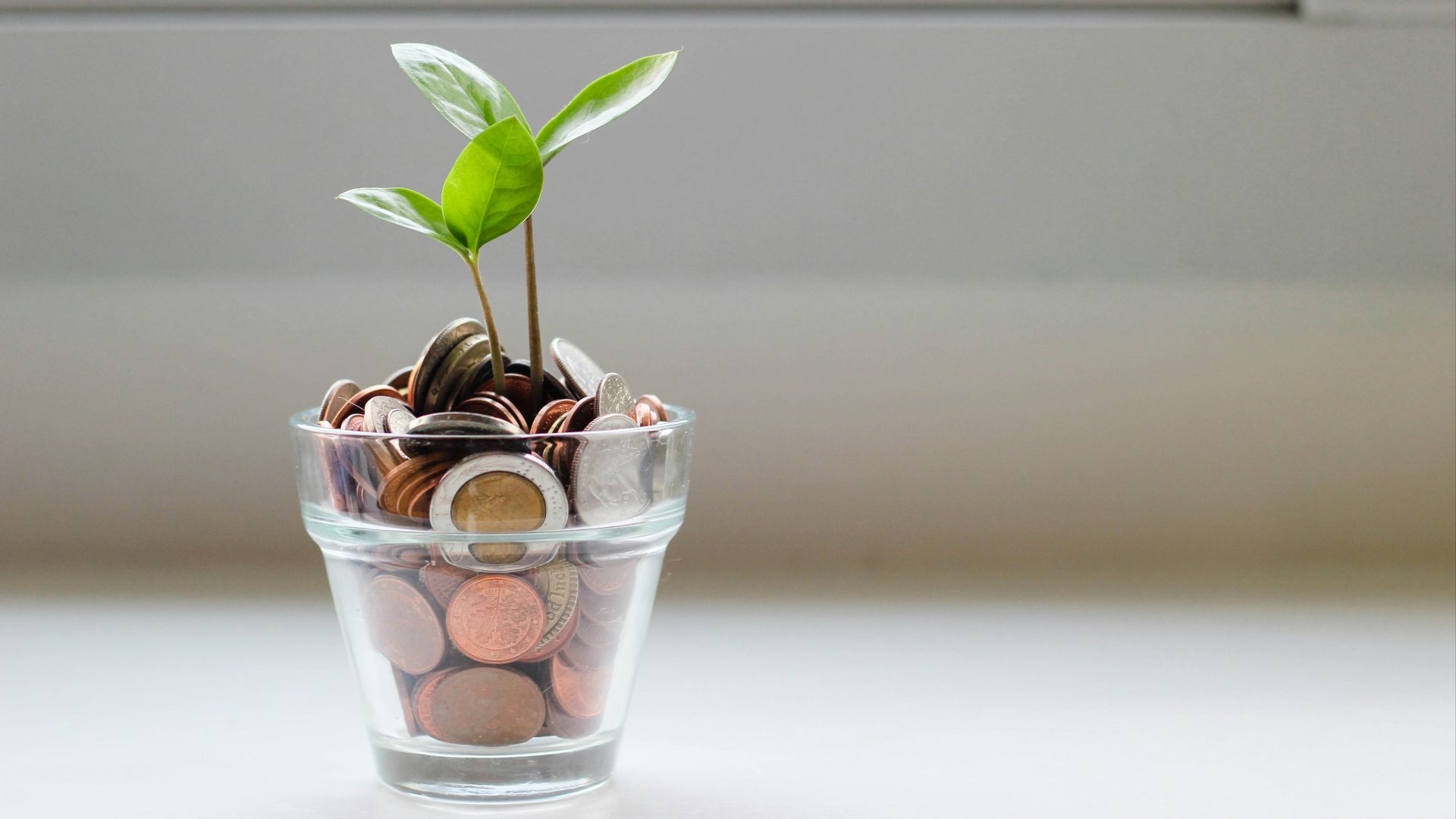 micheile henderson on Unsplash
micheile henderson on Unsplash
9. Right Some Good
Also originating from the Maritimes (particularly Nova Scotia), this phrase might sound like a brain twister, but it actually does have a sensical meaning: "very good." Yup. So, if a Nova Scotian tells you something is "right some good," it means that thing is really good.
10. Double-Double
If you ask for a "medium double-double" at a Tim Horton's in Canada, employees will know exactly what you're talking about. If you say this phrase anywhere south of the border, though, you'll likely be met with blank looks. A double-double is slang for two creams, two sugars in a coffee.
11. Hang a Larry/Roger
Don't be alarmed if a Canadian is giving you directions and tells you to "hang a Larry" or a "Roger." They don't mean something violent and they don't have anything against the Larrys or Rogers of the world. Instead, hang a Larry or Roger means to take a left or right turn.
12. Two-Four, Two-Six, Mickey, & 40-Pounder
Canadian alcohol slang may also give you a headache if you're familiar with it. Some of the most common ones you'll hear are: two-four, which refers to a 24-pack of beer; two-six, which is a 750 ml/26 oz bottle; mickey, a small 375-ml flask of hard liquor; and a 40-pounder, a 1.14 L/40 oz bottle.
13. Homo Milk
If a Canadian tells you to grab some homo milk from the grocery store, they're not saying an inappropriate slur. Homo milk is short for homogenized milk, or milk with 3.25% fat. You'll rarely ever hear this term south of the border, as Americans typically just call it "whole milk."
14. Garburator
A garburator is a garbage disposal unit that's installed beneath the sink to shred matter into smaller pieces before they're carried down the drain. But because they're not available everywhere in Canada, you might not hear this term too often.
15. Loonies & Toonies
How much is that? A loonie or a toonie? If you ever hear your Canadian friend use these terms or ask if you want to go to the loonie store, don't be alarmed. A loonie is $1, and a toonie is $2. While a loonie is called as such because the coin features a loon, a toonie simply combines "two" and "loonie."
16. Duotang
Those colored folders with prongs you used for school? Those are called duotangs in Canada. Americans might simply call them folders, but if you ask Canadians for a folder (when you mean a duotang), you're probably not going to get a duotang.
17. Out for a Rip
You might think "going out for a rip" exclusively means going out for an adventure, such as off-roading, but in Canadian slang, you can use this expression for casual outings, too. For example, Canadians might ask their buddies if they want to go out for a rip, meaning to have a smoke, go for a drive, or just have fun.
18. Bunny hug
Exclusively used in Saskatchewan, a bunny hug is probably not what you're thinking of—hugging like a bunny. Instead, a bunny hug is a term for a hoodie or hooded sweatshirt. If you travel anywhere else in Canada, you'll probably just hear these sweaters referred to as hoodies; say "bunny hug" and you'll likely get an odd look.
19. A Dart
Got a dart? When Canadians ask you for a dart, they're not asking you to play darts—they're asking for a cigarette. You might also hear them ask, "You wanna go rip a dart?" ("You wanna join me for a smoke?") or "Wanna take a dart break?"
20. Hoser
Honestly, if you don't know the meaning of "hoser," you're not alone—some Canadians like saying it, but don't actually understand what it means, either. A hoser is a goofy, clumsy, dull-witted and usually rural person. You'll often hear phrases like, "Don't be a hoser!" or "What a hoser."


